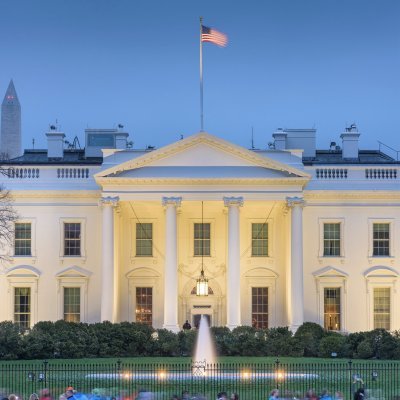A group of 21 Members of the U.S. House of Representatives has called on President Donald Trump to take immediate action to mend America’s strained relationship with India and roll back his administration’s tariff policies, which they said are harming both economies.
In a letter sent on October 8, 2025, Representatives Deborah Ross (D-NC-02) and Ro Khanna (D-CA-17), joined by 19 other lawmakers, urged the President to “take immediate steps to reset and repair this critical partnership.”
“We write as Members of Congress representing districts with large, vibrant Indian-American communities that maintain strong familial, cultural, and economic ties to India. Recent actions by your administration have strained relations with the world’s largest democracy, creating negative consequences for both countries,” the lawmakers wrote.
The letter highlighted that in late August 2025, tariffs on Indian goods were raised to as high as 50 percent under the Trump administration – a combination of the initial 25 percent “reciprocal” tariffs and an additional 25 percent duty imposed in response to India’s energy purchases from Russia.
“These punitive measures have hurt Indian manufacturers while simultaneously raising prices for American consumers and damaging the intricate supply chains that American companies depend on to bring products to market,” the lawmakers noted.
They emphasized that the U.S.–India trade relationship supports hundreds of thousands of jobs in both countries. American manufacturers rely on Indian inputs across critical sectors including semiconductors, healthcare, and energy. At the same time, American firms investing in India benefit from access to one of the world’s fastest-growing consumer markets, while Indian companies have invested billions in the U.S., generating jobs and opportunities nationwide.
The letter warned that the current tariff escalation “jeopardizes these ties, raising costs for American families, undermining the ability of American companies to compete globally, and undercutting ground-breaking innovation and cooperation.”
It further cautioned that such actions risk driving India closer to countries adversarial to the United States. “These actions have pushed the Indian government to increase its diplomatic and economic engagement with regimes hostile to the United States, including China and Russia,” the lawmakers wrote, stressing that this trend is especially troubling given India’s key role in the Indo-Pacific region.
“The Quad (in conjunction with the U.S., Australia, and Japan) and its indispensable role as a counterweight to China’s growing assertiveness,” the letter said, highlighting India’s growing strategic importance. “More broadly, India has become a vital partner in defense cooperation, conducting joint military exercises with U.S. forces and working constructively with America and our allies to secure vital maritime routes.”
Reaffirming the shared democratic values of both nations, the letter added, “Our partnership demonstrates to the world that free and open societies can prosper through cooperation and mutual respect. Given the depth and breadth of U.S.–India cooperation – spanning defense, regional security, energy markets, innovation, and supply chain resilience – it is critical that our nation reaffirm its commitment to India. Strategically, economically, and reputationally, we strongly believe the path forward demands recalibration, not confrontation.”
The lawmakers concluded by expressing hope that the administration would “take the appropriate steps to restore this relationship, beginning with a review of tariff policy and continued dialogue with the Indian leadership.”






